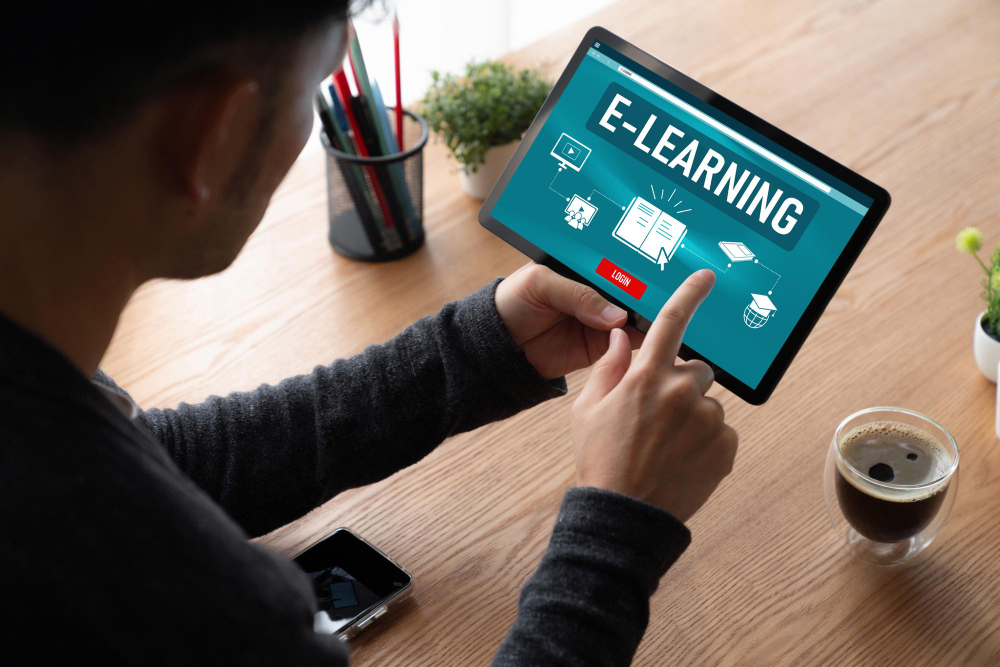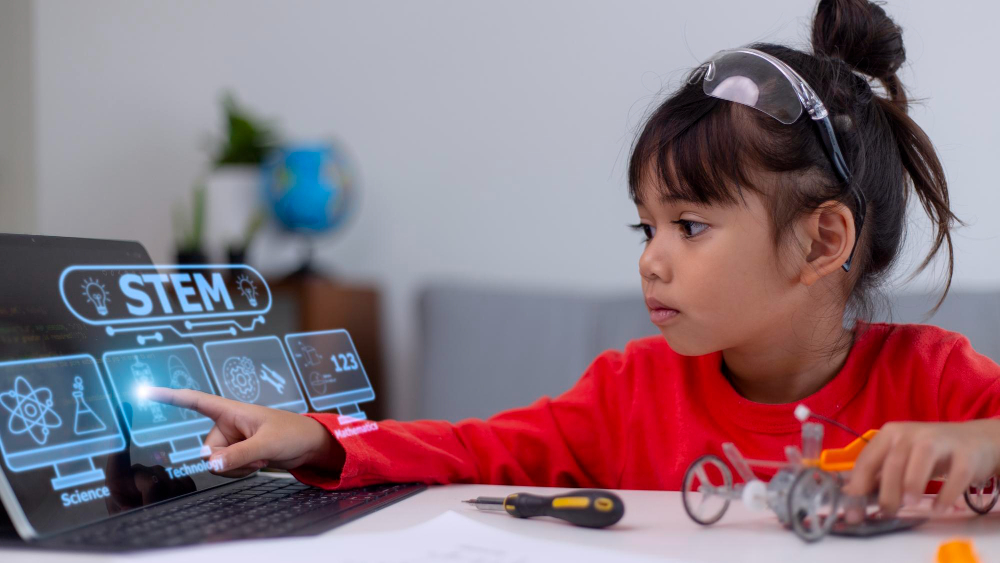
Thursday, 20Nov 2025
Adaptive Learning Technology Transforms Educational Personalisation: Creating Tailored Pathways for Every Student
Beyond One-Size-Fits-All Education Adaptive learning technology transforms…

Monday, 13Oct 2025
AI-powered personalization transforms the entire landscape of educational technology, creating unprecedented opportunities for learners across corporate, academic, and professional development sectors. The numbers tell a compelling story—personalized learning approaches increase completion rates by 34%, improve knowledge retention by 29%, and boost learner satisfaction by 42%. These aren’t incremental improvements; they represent a fundamental shift in how effective learning experiences are designed and delivered.
Traditional learning approaches treat all participants identically, regardless of their:
This standardized approach inevitably creates friction—some learners find the content too basic and disengage from boredom, while others struggle with material beyond their current understanding. The result is a compromised experience that truly serves no one optimally.
AI-powered systems continuously analyze learner performance to create truly personalized learning journeys:
A pharmaceutical company implemented this approach for compliance training and saw completion times decrease by 40% while knowledge assessment scores improved by 23%—demonstrating that personalization creates both efficiency and effectiveness.
Much like streaming services recommend movies based on viewing history, AI-powered learning platforms suggest relevant content based on:
These recommendations transform learning from a prescribed activity into a dynamic, evolving journey tailored to individual needs.
Advanced AI systems incorporate natural language processing to provide immediate, contextual support:
This capability creates a learning experience that responds to needs in real-time, much like a human tutor would.
AI transforms assessment from standardized testing to personalized evaluation:
This approach makes assessment a valuable learning tool rather than merely an evaluation mechanism.
AI-powered personalization addresses critical challenges in corporate learning environments:
New employee onboarding becomes more efficient and effective through:
A technology company implemented AI-personalized onboarding and reduced time-to-productivity for new hires by 27% while improving role-specific knowledge scores by 31%.
Mandatory compliance training transforms from a one-size-fits-all burden to a targeted experience:
This approach maintains compliance standards while respecting employee time and existing knowledge.
Professional development becomes precisely targeted to individual needs:
This precision ensures that development resources deliver maximum impact for both employees and organizations.
AI personalization addresses fundamental challenges in K-12 learning environments:
Teachers have always known the value of differentiation but struggled with implementation. AI enables:
These capabilities allow teachers to achieve truly differentiated instruction even in large classroom settings.
AI systems identify both struggles and opportunities for advancement:
This targeting ensures that all students receive appropriate challenges and supports.
AI analytics provide unprecedented visibility into student learning:
These insights transform parent-teacher conferences from general updates to strategic planning sessions.
AI personalization addresses critical challenges in higher education:
Traditional degree programs often follow rigid sequences. AI enables:
These flexible approaches accommodate diverse student backgrounds and learning needs.
AI systems identify students at risk of dropping out:
A public university implemented these approaches and improved first-year retention rates by 14% through early, targeted interventions.
AI personalization connects academic learning to career preparation:
These connections make higher education more relevant and valuable for students.
Personalization requires data, raising important considerations:
Organizations implementing AI personalization must approach these considerations thoughtfully and proactively.
The most effective implementations view AI as augmenting rather than replacing human educators:
This partnership leverages the strengths of both artificial and human intelligence.
Successful AI personalization typically follows a phased approach:
This measured approach builds confidence and demonstrates value incrementally.
As AI technology continues to evolve, we can anticipate several emerging capabilities:
Next-generation systems will recognize and respond to learner emotions:
These capabilities will create truly responsive learning experiences that address both cognitive and affective dimensions.
Advanced AI will connect learning to long-term career development:
These capabilities will transform learning from a present-focused activity to a future-oriented investment.
AI systems will facilitate more effective peer learning:
These approaches will combine the benefits of personalization with the power of collaborative learning.
AI-powered personalization represents not just a technological advancement but a fundamental rethinking of how learning experiences are designed and delivered. By recognizing and responding to individual differences, these systems create more efficient, effective, and engaging learning experiences across all educational sectors.
Organizations that embrace AI-powered personalization gain a significant competitive advantage—whether they’re corporations developing their workforce, schools preparing students for future success, or higher education institutions demonstrating their value proposition. The future of learning is unquestionably personal, and AI makes that personalization possible at scale.
Learning Owl specializes in developing AI-powered personalization solutions for corporate, K-12, and higher education environments. Our team combines deep learning science expertise with cutting-edge AI capabilities to create personalized experiences that improve outcomes while respecting learner time and preferences.
Contact Learning Owl today to discover how our AI-powered personalization solutions can transform your approach to learning and development.

Thursday, 20Nov 2025
Beyond One-Size-Fits-All Education Adaptive learning technology transforms how educational content responds to individual learner needs, creating unprecedented opportunities for personalized mastery across diverse student populations. Traditional educational approaches—standardized content delivery,…
Read More line_end_arrow_notch
Monday, 17Nov 2025
Reimagining Scientific Discovery STEM eLearning innovations transform how students engage with scientific and mathematical concepts, creating unprecedented opportunities for deeper understanding and authentic inquiry. Traditional science and mathematics education—textbook explanations,…
Read More line_end_arrow_notch
Thursday, 13Nov 2025
Beyond Checkbox Compliance Compliance training strategies transform how insurance organizations approach regulatory requirements, converting what many view as burdensome obligations into operational advantages. The insurance industry faces one of the…
Read More line_end_arrow_notch